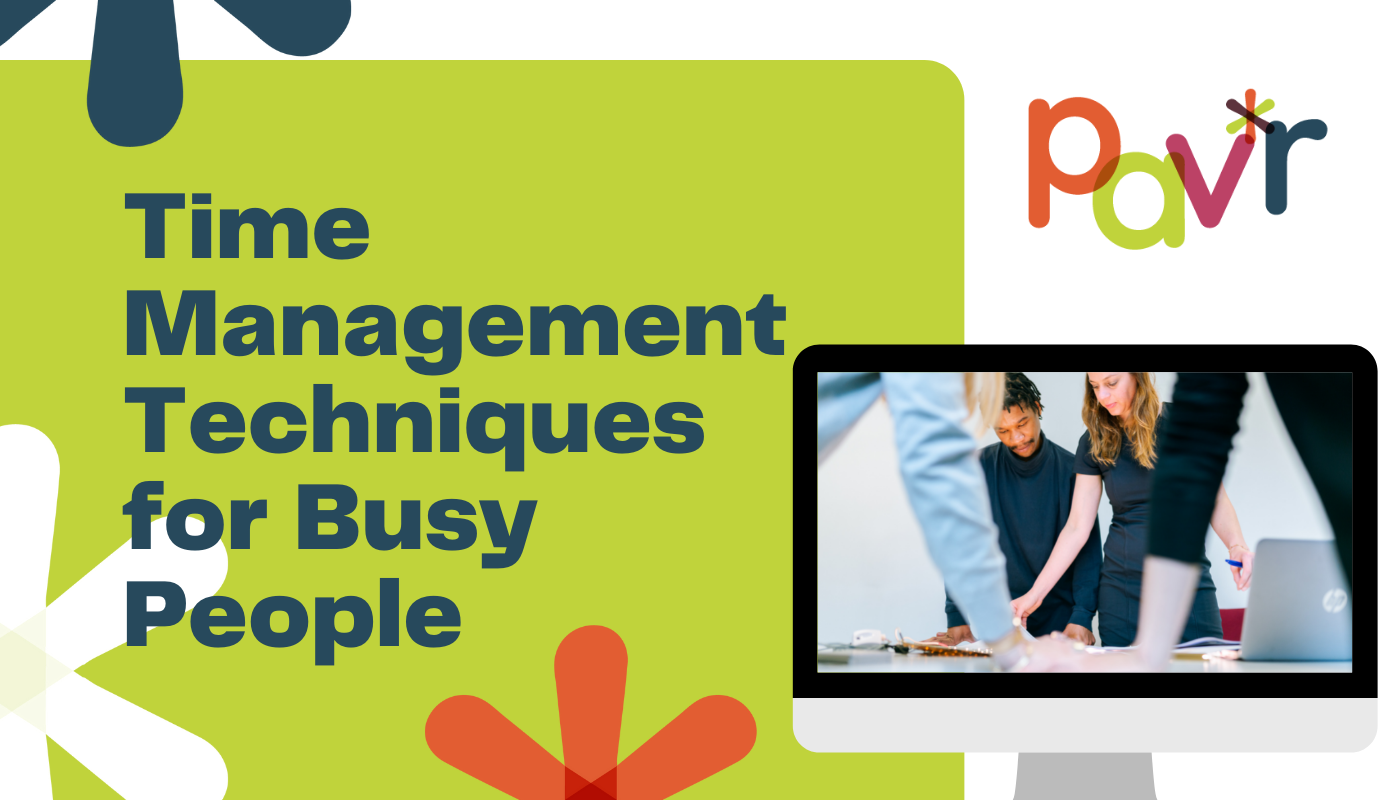Start-ups are often described as being in a ‘state of flow’. What does this mean? Well, according to The Rise of Superman, written by Steven Kotler, a ‘flow state’ is a state where we are incredibly highly focused, creative and resourceful. At this point, our prefrontal cortices shut down (resulting in a state called ‘temporo-hypofrontality’).
This is because we are so engaged with what we are doing, that we actually completely lose track of everything else – it’s like when you come out of a cinema and feel as though you’ve been in a dream. Startups are described as being in a constant state of flow because they are so passionate and so driven that they lose their subjective reality and are 100% engaged with their mission and goal.
If you create a business, then you should start from the ground up. Think about not only the bottom line but also the way you’re going to achieve and why you were passionate to get into this industry in the first place. Do you love green food and want to make the world a greener place? Do you just love business and want to empower other
organizations to do more?
Do you believe that happiness comes from being well dressed and confident in your skin? Do you live and breathe fitness and want others to feel the same? Find your passion and then build your business around that ideal from the ground up. But what if you inherit your business or your industry and you have no say in the matter?
If you’ve just been elevated to
 ‘area manager’ then you might not have been involved in choosing the organization’sdirection of vision.And what if you have already created your business and it’s too late to ‘start’ with your vision?Well, in the latter scenario you need to take a step back and re-assess your organization. There probably is a strong ‘why’ behind what you do, even if you can’t see what that is yet.
‘area manager’ then you might not have been involved in choosing the organization’sdirection of vision.And what if you have already created your business and it’s too late to ‘start’ with your vision?Well, in the latter scenario you need to take a step back and re-assess your organization. There probably is a strong ‘why’ behind what you do, even if you can’t see what that is yet.
You were probably drawn to your current niche and business model for a reason – so what is that. What are you doing differently from the competition? If you had limitless resources, what would you do with them? Another strategy you can try is to ask yourself the ‘five whys’. This is a technique that we can use to get to the bottom of why we do something.
And it’s simple: you ask yourself ‘why’ five times.
-
- Why did you make a fitness site?
-
- Because I love fitness.
-
- Why?
-
- Because being fit makes me feel healthy and capable.
-
- Why is that important?
-
- Because then I can do anything.
-
- Why is that important?
-
- Because then I feel free.
-
- Why is that important?
-
- Because freedom is what makes me feel happy.
So essentially, you can then retroactively shape your business around this core value: freedom and happiness. Perhaps your logo becomes someone running through the grass and maybe you create an Instagram account filled with people taking full advantage of their bodies to express that freedom.
Now what about that second scenario? What about when you ‘inherit’ the business? How do you find the ‘why’ then?
One method is to ask the business owner – or your leader – what it is that drives them. If you can get behind their vision and make it your own, then you might stand a good chance of inspiring your team and your customers.
If you can’t and if you don’t believe in what the company is doing then the chances are that you won’t be the best leader you could be and that this organization isn’t for you. The best thing you can do to make the very most of your abilities and to ensure you are contributing all that you can is to leave that organization and look elsewhere.
This might be extreme, but think of the leaders you’ve known who are the least effective. What is it about them that makes them so? Chances are you’ll have noticed they always have a demeanor of disinterest and lack of enthusiasm. And this is there undoing.
Don’t be that person – find an organization you really believe in. Or build one! Oh and for family life, or your personal life, you can have visions too. A vision is just like a goal in this context except that you are going to
visualize it and think about the way it feels more than just the metrics.
Instead of thinking you’d like your family to ‘be richer’, this might mean imagining your family living in a bigger house, without stress and with all the things you’d like. This is important because having a vision rather than a goal means you can be more flexible about how you get there – and take the best route to get the results you want. It will also keep you much more motivated, which actually comes down to the very structure of your brain!
Discover more from Personal Blog of Richard Tong
Subscribe to get the latest posts sent to your email.




